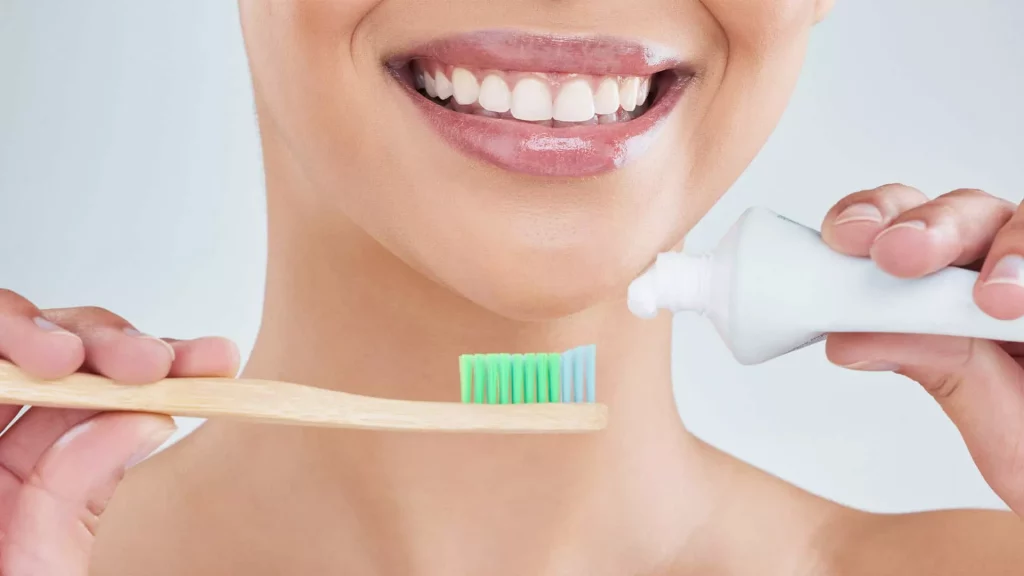Last Updated on: 5th January 2026, 06:45 am
Historically, the first men had longer jaws and more space for a greater number of molars to facilitate chewing. Currently, with long evolution and changes in diet, wisdom teeth have lost their usefulness. However, for many individuals, the mandible is now shorter, leading to a lack of space at the time of wisdom tooth eruption. Consequently, episodes of wisdom tooth pain and discomfort have become common.
This problem is one of the most common reasons for a dental consultation, due to the intense pain caused by wisdom teeth and which, if left untreated, can even last for years.
Understanding wisdom teeth

1. What are wisdom teeth?
The wisdom teeth or third molars are the last molars to erupt and appear between the ages of 17 and 25. They are called this because they appear at an age in which the person has already reached greater judgment or reasoning.
Most people have four wisdom teeth in the back of their mouths: two in the upper jaw and two in the lower jaw.
2. Why do wisdom teeth cause pain?
Healthy wisdom teeth that have erupted in a normal position do not cause problems.
Pain occurs when, due to a lack of space in the mouth, these molars are retained within the bone or gum, causing pressure and inflammation. In other cases, the wisdom teeth can erupt incompletely or partially, facilitating the accumulation of bacterial plaque, which causes inflammation and infection in the surrounding gums.
3. Signs of wisdom tooth pain
The main sign is pain, but other signs can warn us of problems in the wisdom teeth:
- Swollen, red, and bleeding gums around the affected area
- Dental sensitivity in the compromised area can affect the teeth in general.
- Bad breath
- Pain in the jaw can sometimes radiate to the ear.
- cheek swelling
- Difficulty fully opening the mouth and chewing
Wisdom tooth pain relief remedies

1. Over-the-counter drugs
There are various over-the-counter drugs that, in the recommended doses, provide immediate relief from any type of dental pain. Among them are pain relievers and non-steroidal anti-inflammatory drugs such as ibuprofen or paracetamol, which are very effective for pain.
However, any medication must be prescribed by a qualified professional who specifies the doses and proper frequency to avoid problems.
2. Natural remedies for wisdom tooth pain
In some cases, wisdom tooth pain may resolve itself while in others, it requires professional treatment and intervention. In the meantime, there are immediate but temporary options to help manage pain at home.
- Ice packs: Ice has a numbing effect and helps reduce inflammation.
- Saltwater rinses: Salt is a natural antibacterial that helps reduce inflammation and treat an infection.
- Clove: has many antiseptic and anesthetic properties that help reduce pain.
- Onion slices: Onion has anti-inflammatory and antimicrobial properties that can help reduce inflammation and fight bacterial infection.
- Black tea bags: It is very useful in reducing swelling and discomfort.
When to see the dentist?

1. Signs that you need professional attention
- When the pain and symptoms are very intense and repeated.
- When an infection manifests as a bad taste in the mouth.
- A usual and very common indication is significant swelling of the face.
2. Treatment
In most cases, the professional will recommend dental extraction as the definitive treatment except when the position of the roots does not allow it. In any case, it will always be the dental surgeon who evaluates the risks/benefits of this treatment.
3. Preparation for extraction of wisdom teeth
The extraction of wisdom teeth is an outpatient procedure, that is, it is performed in the dental office and lasts approximately one hour.
It is generally performed under local anesthesia, which prevents pain, but the patient remains awake during the surgery.
Subsequently, the oral surgeon will proceed to extract the entire dental piece or in some cases, it may be necessary to open the gum and cut the tooth into pieces to facilitate extraction. When finished, the area may need to be sutured to help it heal.
4. Care after extraction
The postoperative recovery period is usually 2 to 4 days. Depending upon the difficulty of the procedure, you may suffer from inflammation and some discomfort, so it is important to follow the professional’s instructions and the following guidelines:
- Take the medication prescribed by the specialist, following the guidelines indicated.
- Do not smoke or drink alcohol until 72 hours later as it delays healing.
- Maintain absolute bed rest during the first day and avoid work that requires physical exertion for a week to avoid early expulsion of the clot in the wound.
- Avoid exposure to sun radiation.
- Eat a soft diet for the first few days and avoid foods that can irritate the wound.
- Do not drink or eat very hot foods; instead cold liquids are recommended to help with inflammation relief.
- After 24 hours, brushing can be resumed, but with great delicacy so as not to disturb the clot. It is very important to maintain strict hygiene to avoid possible infections in the area. Chlorhexidine-based rinses are very effective.
- Return to the dentist after a week to remove the stitches if necessary.



Remember that the dentist is the right person to advise you on the habits you must maintain, so do not hesitate to visit your dentist’s office frequently.
Contact us
If you have any questions about dental conditions that talk about how you make wisdom tooth pain go away or other topics, you can contact us at Channel Islands Family Dental as well as our page on Facebook. We look forward to your visit and we will make a timely diagnosis. Our dentists in Oxnard, Santa Paula, Ventura, Newbury Park, and Port Hueneme will be able to guide you toward the best treatment to take care of your health and give you back your best smile.
Frequently Asked Questions (FAQ)
Bibliography
- Medical News Today (2022). Ways to relieve painful wisdom teeth. https://www.medicalnewstoday.com/articles/319461
- Renton, T. (2016) Problems with erupting wisdom teeth: signs, symptoms, and management. https://bjgp.org/content/66/649/e606
- National Institute for Health and Care Excellence (2000). Guidance on the extraction of wisdom teeth. https://www.nice.org.uk/guidance/ta1
- Burgess, Lana. (2022). Ways to relieve the pain of painful wisdom teeth. https://www.medicalnewstoday.com/articles/319461
- Lopez, A.F. (2001) Dental pain. https://www.elsevier.es/es-revista-medicina-integral-63-articulo-dolor-dental-10022781
- Prieto, I. (2005) Corticosteroids and lower third molar surgery. https://scielo.isciii.es/scielo.php?script=sci_arttext&pid=S0213-12852005000500004














